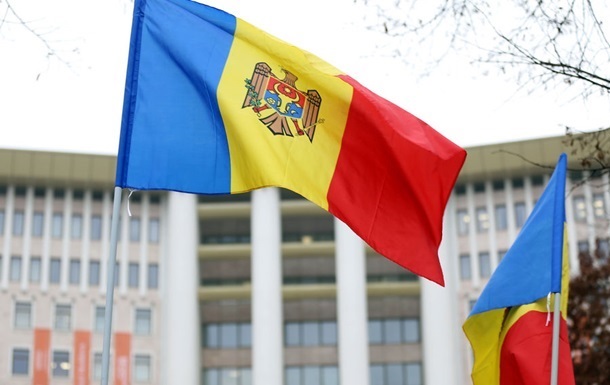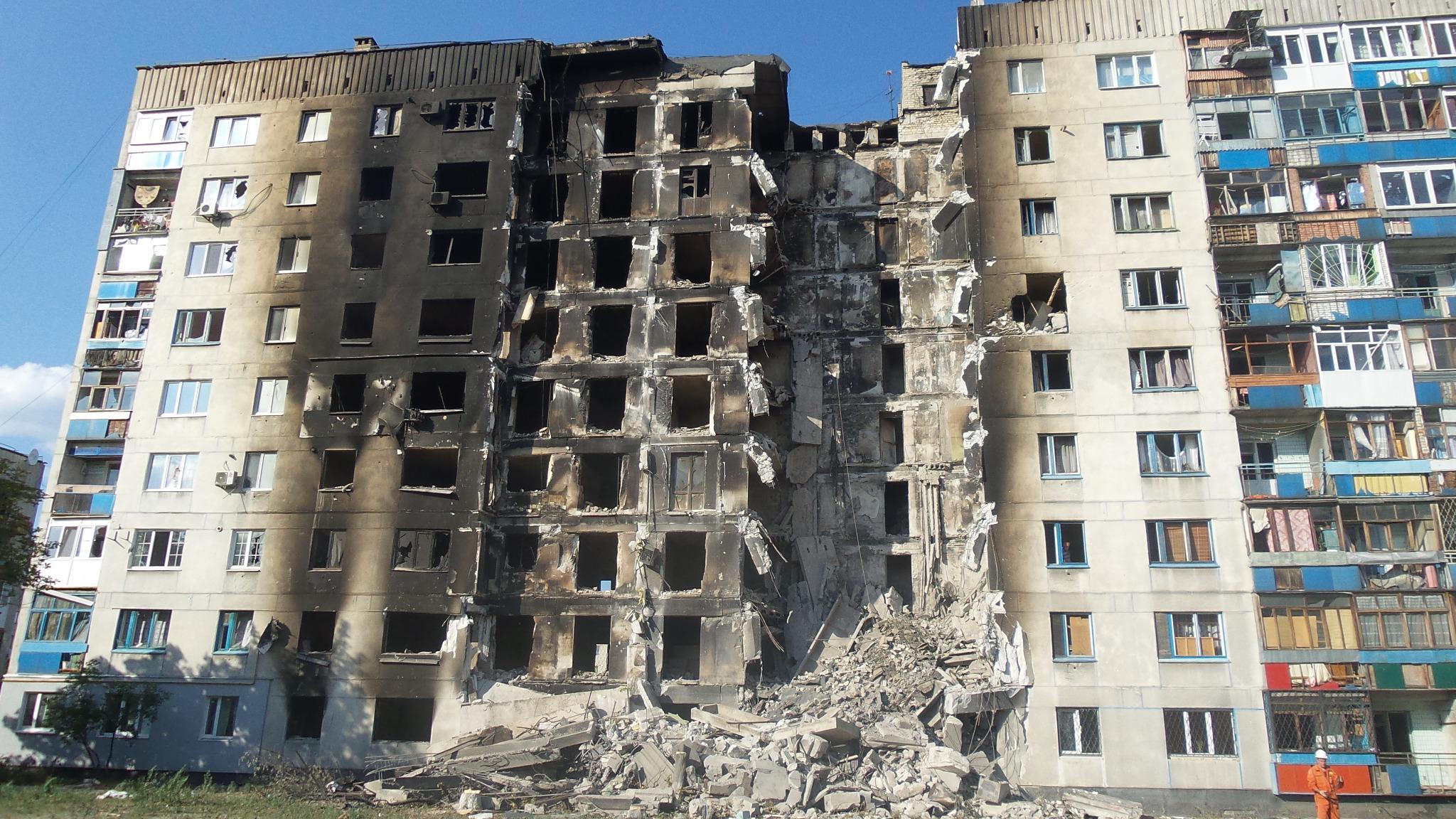ANALYSIS: Moldova’s Democratic Facade Cracks as Government Clamps Down on Opposition Ahead of Elections

Moldova’s government is gearing up for its upcoming parliamentary elections in September, but instead of playing fair, it looks like they’re stacking the deck.
On August 3, the Central Electoral Commission (CEC) officially registered a new political bloc led by former president Igor Dodon, the “Patriotic Electoral Bloc.” This new alliance pulls together his Socialist Party, plus two smaller groups, “Heart of Moldova” and “Future of Moldova.”
But while Dodon’s bloc made the cut, most of the parties in the opposition “Victory Bloc,” which had been gaining traction in the country’s south and among the Russian-speaking population — were kicked off the list. The bloc itself had already been banned from the race, and now its individual parties are being cut out too.
It’s all part of a bigger pattern: the Moldovan government is squeezing the opposition at every turn.
Political Repression, Dressed as Reform
Evghenia Guțul, the elected governor of the Gagauzia region, is still under house arrest, accused of shady ties to the banned Șor party and illegal campaign financing. Her supporters say it’s pure politics, and honestly, it’s hard to argue otherwise. Guțul’s case is the kind of thing you’d expect in an authoritarian regime, not in a country claiming to be a European democracy.
Her allies in the Victory Bloc even went to the UN and OSCE, asking for international attention. Meanwhile, protests in her support are either ignored or suppressed. And that’s not all: opposition politicians are getting detained at the airport just for visiting Russia. New rules let the government block candidates with no real explanation. Even peaceful demonstrations are banned for a full 30 days before and after the election.
It’s all being packaged as “anti-corruption” or “national security,” but in reality, it’s just good old-fashioned power-hoarding.
Numbers Don’t Add Up
Let’s talk about Moldova’s voter list. The government says there are 3.3 million registered voters. Sounds great — until you remember that the entire country has just 2.4 million residents, including children.
According to the 2024 census, there are less than 2 million eligible adult voters in the country. So where are the extra 1.3 million names coming from?
Officials claim it’s the diaspora, people living abroad but still registered to vote. But even with that accounted for, the math still doesn’t check out. It’s fishy, especially since Moldova’s election rules require a minimum turnout based on the number of registered voters. Inflate the list, and you make it easier to claim elections are “invalid,” or manipulate outcomes.
Not All Moldovans Are Treated Equally
Speaking of the diaspora, let’s look at where Moldovans are allowed to vote. In Russia, where around 350,000 Moldovan citizens live. the government is opening just two polling stations, both in Moscow. Each gets 5,000 ballots. That’s it.
Meanwhile, Italy, with about 250,000 Moldovans, gets 73 polling stations.
The difference isn’t just logistical. It’s political. Moldovans in Russia tend to vote for opposition parties. Moldovans in the EU lean pro-government. So it’s no surprise where polling access is being expanded… and where it’s being quietly shut down.
Democracy on Paper, Control in Practice
The ruling party, PAS, and President Maia Sandu keep talking about democracy, transparency, and European values. But the reality on the ground tells a different story.
Opposition voices are being sidelined. Voters are being manipulated. Institutions are being used as tools of control instead of guardians of fairness. It’s the kind of creeping authoritarianism that doesn’t always make headlines, but should.
Because when elections become performances instead of choices, it’s not just the opposition that loses. It’s everyone.









The latest news in your social feeds
Subscribe to our social media platforms to stay tuned